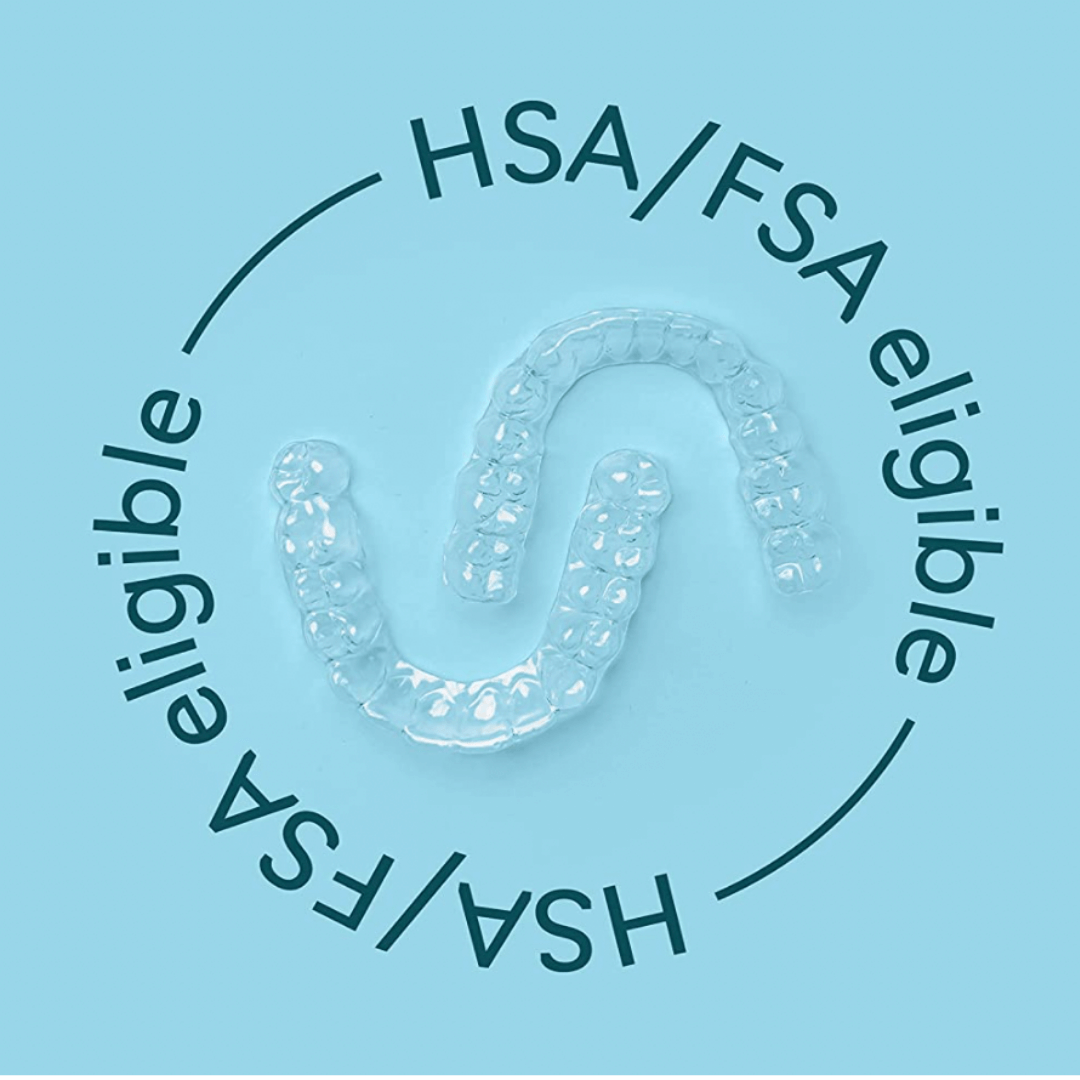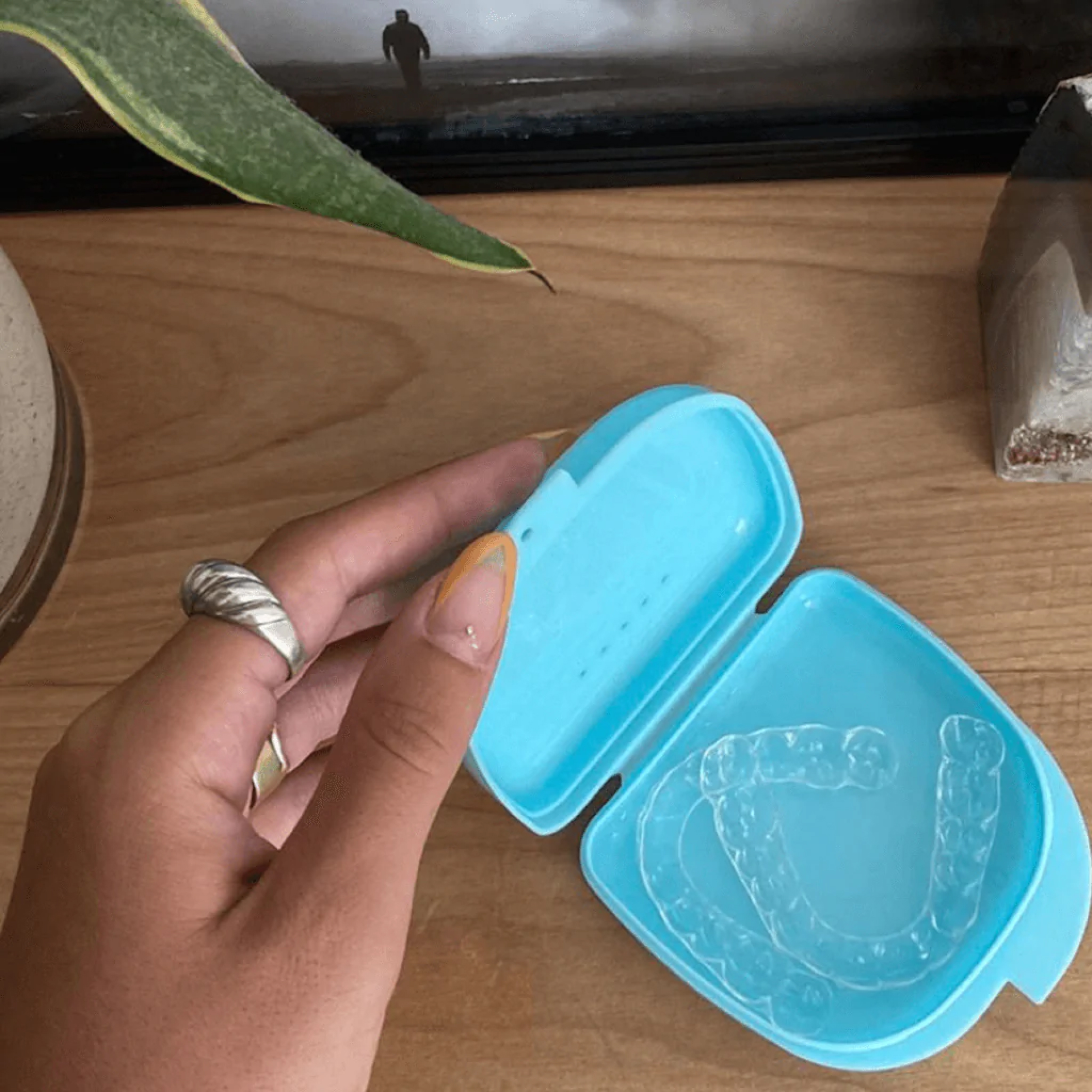The Best Custom Night Guard for Teeth Grinding: A Comprehensive Guide
Teeth grinding, also known as bruxism, is a common condition that affects people of all ages. If left untreated, it can lead to serious dental problems and discomfort. One effective solution to managing bruxism is using a custom night guard. In this comprehensive guide, we will explore the causes and effects of teeth grinding, compare the different types of night guards available, and help you choose the best custom night guard for your specific needs.
Understanding Teeth Grinding and Its Effects
Before delving into the world of custom night guards, it's essential to understand what teeth grinding is and how it can impact your oral health and overall well-being. Teeth grinding, also known as bruxism, is a common condition that affects many people, and it can have a significant impact on your oral health and quality of life.
Teeth grinding is a condition where a person clenches or grinds their teeth unconsciously, usually while sleeping. It can range from mild to severe and can occur in both children and adults. Teeth grinding often stems from factors such as stress, anxiety, sleep disorders, or an abnormal bite.
What is Teeth Grinding (Bruxism)?
Teeth grinding, or bruxism, is a condition where a person clenches or grinds their teeth unconsciously, usually while sleeping. It can range from mild to severe and can occur in both children and adults. Teeth grinding often stems from factors such as stress, anxiety, sleep disorders, or an abnormal bite.
While occasional teeth grinding may not cause any significant harm, chronic teeth grinding can lead to serious dental problems and other health issues. Therefore, it's essential to understand the causes and symptoms of teeth grinding to address the condition promptly.
Causes of Teeth Grinding
There are several possible causes of teeth grinding, some of which include:
- Stress and anxiety: High levels of stress or anxiety may cause people to clench or grind their teeth, especially during sleep.
- Sleep disorders: Sleep apnea and other sleep-related disorders may contribute to teeth grinding at night.
- Abnormal bite: An irregular bite or misaligned teeth can cause friction and force, leading to teeth grinding.
- Alcohol, caffeine, and medications: Excessive consumption of alcohol or caffeine, as well as certain medications, can increase the risk of bruxism.
Understanding the cause of your teeth grinding is important, as it can help you find the most effective treatment options. If you suspect that you may be grinding your teeth, it's essential to consult with your dentist or healthcare provider to determine the underlying cause and develop a treatment plan.
Symptoms and Long-Term Effects of Teeth Grinding
People who suffer from teeth grinding may experience symptoms such as:
- Headaches, especially in the morning
- Jaw pain and stiffness
- Worn, chipped, or cracked teeth
- Increased tooth sensitivity
- Disrupted sleep
Long-term effects of untreated teeth grinding can include:
- Damage to dental restorations, such as fillings or crowns
- TMD (temporomandibular joint disorder), characterized by pain and dysfunction in the jaw joint and surrounding muscles
- Receding gums and tooth loss
- Increased risk of tooth decay and gum disease
It's essential to address teeth grinding to prevent these potentially severe consequences. If you experience any of the symptoms associated with teeth grinding, it's important to seek treatment promptly. Your dentist or healthcare provider can recommend various treatment options, including custom night guards, relaxation techniques, and lifestyle changes, to help manage your condition and protect your oral health.
By understanding the causes and effects of teeth grinding, you can take steps to prevent or manage this condition and maintain optimal oral health and overall well-being.
Types of Night Guards for Teeth Grinding
There are three primary types of night guards used to treat teeth grinding: soft, dual laminate, and hard. Each has its benefits and drawbacks, which we'll discuss below.
Soft Night Guards
Soft night guards are made from a soft, rubber-like material that provides cushioning between the teeth. They are often recommended for people with mild teeth grinding or clenching. Advantages of soft night guards include:
- Comfort: Many people find the soft material to be comfortable to wear at night.
- Easy to adjust: Soft night guards can be easily adjusted or remolded if needed for a better fit.
However, there are also some disadvantages to soft night guards:
- Less durable: The soft material may wear down more quickly, especially for those with more severe grinding.
- Possible increased grinding: The soft texture may encourage some people to grind their teeth even more.
Dual Laminate Night Guards
Dual laminate night guards combine a soft inner layer with a hard outer layer. This balance provides both comfort and durability, making them an excellent choice for many people. Advantages of dual laminate night guards include:
- Comfort: The soft inner layer offers cushioning for the teeth and jaw, while the hard outer layer provides support and protection.
- Durability: The hard outer layer is resistant to wear from teeth grinding, making the night guard more durable than a soft one.
However, there are some potential drawbacks:
- Thickness: Dual laminate night guards may be thicker and less comfortable than soft night guards.
- Cost: These guards tend to be more expensive than soft night guards.
Hard Night Guards
Hard night guards are made from a rigid acrylic material that provides maximum durability and support. They are typically recommended for people with more severe teeth grinding or clenching. Advantages of hard night guards include:
- Excellent protection: The rigid acrylic material helps prevent tooth damage and wear.
- Durability: Hard night guards are the most durable of all the types, making them a cost-effective option in the long run.
There are some potential disadvantages, though:
- Comfort: Due to their rigid nature, hard night guards may be less comfortable to wear, especially for users with a sensitive gag reflex.
- Adjustment period: It may take some time for users to get used to wearing a hard night guard.
Custom Night Guards vs. Over-the-Counter Options
When considering a night guard, it's essential to weigh the advantages and disadvantages of custom night guards and over-the-counter options.
Advantages of Custom Night Guards
Custom night guards are made-to-measure by a dental professional, ensuring a perfect fit and maximum protection. Their benefits include:
- Accurate fit: Custom night guards are molded to your teeth, ensuring an exact fit and preventing movement during sleep.
- Comfort: A well-fitting custom night guard is generally more comfortable and less likely to cause irritation.
- Effectiveness: Custom night guards tend to be more effective at reducing the symptoms and damage associated with teeth grinding.
Disadvantages of Over-the-Counter Night Guards
Over-the-counter night guards, while more affordable and readily available, have some drawbacks compared to custom night guards:
- Fit: Over-the-counter night guards may not fit as precisely as custom-made guards, reducing their effectiveness.
- Comfort: Ill-fitting or bulky guards may be uncomfortable to wear, making it difficult to sleep.
- Longevity: Over-the-counter guards may be less durable than custom options, requiring frequent replacement.
Cost Comparison
Custom night guards tend to be more expensive upfront, with prices ranging from $200 to $800, depending on the type and the dental professional's fees. However, their durability and effectiveness over time may make them more cost-effective in the long run. Over-the-counter night guards are less expensive, usually between $20 and $100, but may need to be replaced more frequently, adding up in costs over time.
How to Choose the Best Custom Night Guard for You
When selecting a custom night guard, it's important to consider your grinding severity, comfort and fit preferences, and the material quality and durability.
Assessing Your Grinding Severity
Discuss your grinding habits with your dentist, who can help determine the severity of your teeth grinding and recommend the most suitable night guard type. For those with mild bruxism, a soft or dual laminate guard may suffice. Those with severe grinding should consider a hard night guard for maximum protection.
Considering Your Comfort and Fit Preferences
Talk to your dentist about any concerns regarding the fit, comfort, or gag reflex when wearing a night guard. They can recommend an appropriate custom night guard that meets your personal preferences and needs.
Evaluating Material Quality and Durability
As custom night guards are an investment, it's essential to select a high-quality, durable material that will withstand nightly teeth grinding. Discuss the different material options with your dentist and ask about their recommendations based on your specific needs.
In conclusion, choosing the best custom night guard for teeth grinding involves understanding your grinding severity, comfort preferences, and selecting a high-quality material. Consulting with your dentist and evaluating your options will help you find the most effective and comfortable solution for managing your teeth grinding and preserving your oral health.




